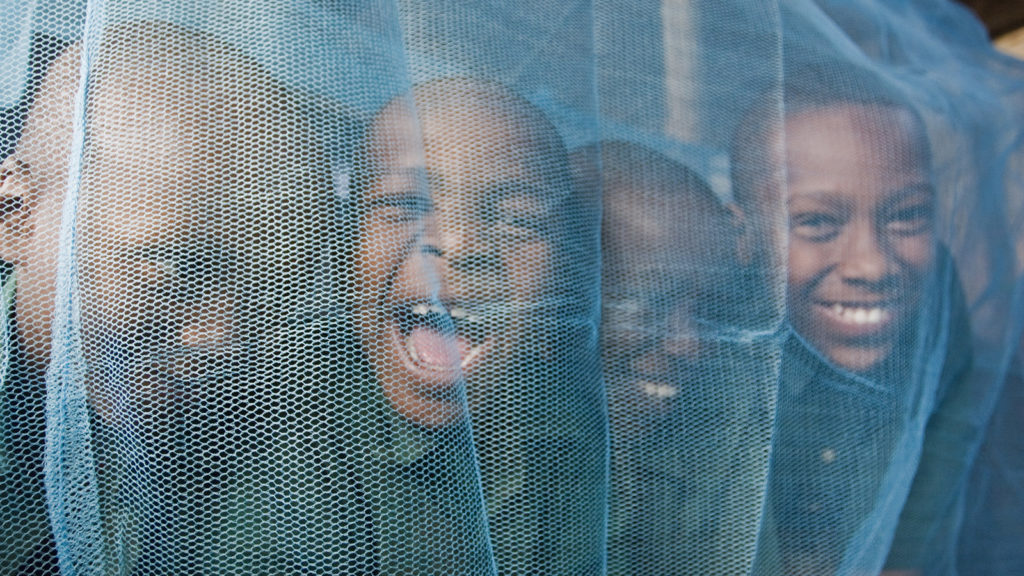Dr Matshidiso Moeti, WHO’s Regional Director for Africa expressed optimism in the actualization of a malaria-free Africa. In a statement to mark the World Malaria Day 2022, Moeti said there is the need to urgently scale up innovation and the deployment of new tools in the fight against malaria, while advocating for equitable access to malaria prevention and treatment, within the context of building health system resilience.
The past year has seen significant breakthroughs in malaria prevention and control, in spite of the COVID-19 pandemic. Landmark recommendations on the use of the first vaccine against malaria – RTS,S – were released by the World Health Organization late last year. This vaccine will be used to prevent malaria among children aged six months to five years, who live in moderate- to high-transmission settings.
Moeti noted that while this is a groundbreaking advance in the development of new tools to fight this disease, with the potential to save millions of lives, supplies are currently limited.
“As such, it is important to ensure that the doses that are available are utilized for maximum impact, while ensuring continued availability of other preventive measures to those most at risk,” she added.
Malaria remains a significant public health and development challenge. In the last year, about 95% of the estimated 228 million cases occurred in the WHO/AFRO Region , along with 602 020 reported deaths. Six African countries , the worst-impacted by malaria in the Region, are reported to have accounted for up to 55% of cases globally, and for 50% of these deaths.
Despite some slowing of progress to reduce malaria cases and deaths, and the disruptions to health services caused by COVID-19, Moeti noted that Africa is much further ahead than it was in 2000.
“We need to reignite that momentum, and build on the recent advances,” she stressed.
She noted that seasonal malaria chemoprevention (SMC) campaigns were implemented as planned in 2021, ensuring protection for an additional 11.8 million children. Indoor residual spraying was also carried out, and long-lasting insecticidal nets distributed, largely as planned.
“The ultimate goal is to reduce the number of people catching and dying from malaria. This requires a focus on research and on leveraging available evidence to ensure that our targeted interventions are an efficient use of resources, which produce measurable results. We also need to work on drug and insecticide resistance, as well as focus on new strains of malaria arising in the Region, which are more difficult to detect, and treat,” Moeti added.
